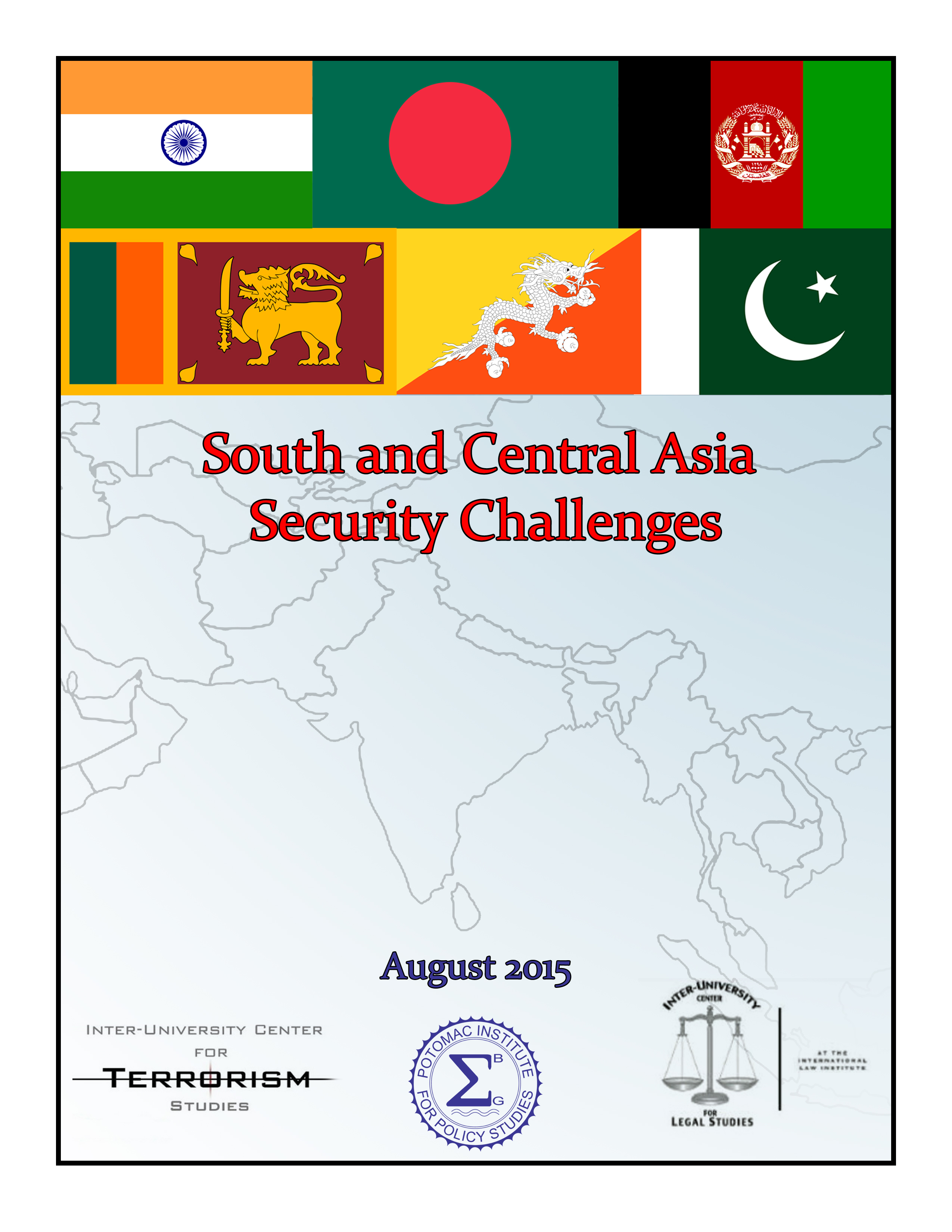 Introduction
Introduction
Professor Yonah Alexander
Director, Inter-University Center for Terrorism Studies
Since the division of the subcontinent in 1947, South Asia has continuously been facing multiple threats to peace, stability, and economic development. Regional countries -- India, Pakistan, Bangladesh, Afghanistan, Sri Lanka, Nepal, and Bhutan -- have experienced various forms of intolerance, extremism, and violence. Suffice it to mention organized crime, terrorism, insurgency, periodic flare-ups, armed skirmishes, and outbreaks of civil and external wars. An ongoing critical security concern is the unresolved conflict between India and Pakistan over the control of Kashmir. Indeed, this challenge contains the seed of a potential nuclear escalation that might drag the entire region to the brink of an unprecedented disaster.
It is not surprising, therefore, that the academic community worldwide has closely followed strategic developments in South Asia for decades. For example, the Institute for Studies in International Terrorism at the State University of New York (SUNY) cooperated in 1968 with educational partners in India to hold an international conference in New Delhi dealing, inter alia, with communal violence as an obstacle to peace. Similar academic undertakings were co- sponsored with numerous institutions in the region and elsewhere in Asia, including China, Japan, Indonesia, and South Korea.
